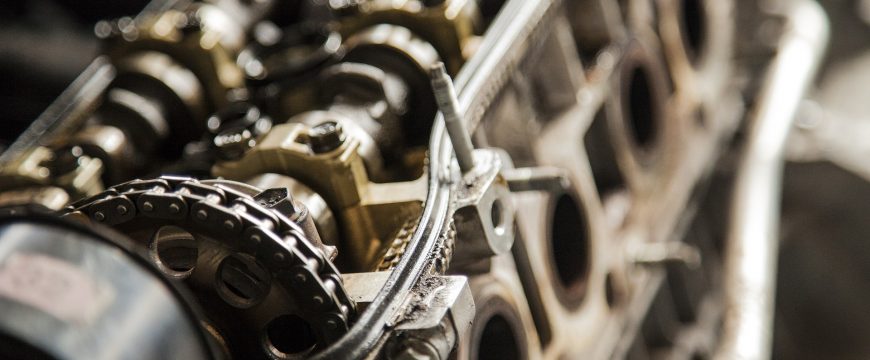
- Lajkó Ferenc
- 2019. 10. 22.
Besides labour shortage, economy cycles and raw material costs there are a number of other effects shaping the present and the future of the European freight forwarding. The appearance of sustainability as a social need, the shock caused by the diesel scandal and the depletion of fossil fuels also accelerate the need for alternative propulsion of cars and trucks.
In case of passenger cars, the gas technology has already been widespread for a long time (LPG), and new developments and models are emerging daily in hybrid and electric technology. However, the backlog of trucks is still high.
There are basically 3 technologies to be taken into consideration: Hydrogen, natural gas (LNG, CNG) and the electric propulsion. Each of them has its advantages and disadvantages, but until now it cannot be seen clearly which technology will offer the optimal solution and will become widespread globally.
For all the three technologies, it is difficult to build a charging /fuel network, which requires huge investments, and it is also still a question how to store the energy safely on a vehicle.
In case of hydrogen, raw material is plentiful (water can be decomposed to produce any amount of hydrogen), the exhaust is clean water and the internal combustion engines could be easily transformed. Yet, hydrolysis is still expensive and the safe storage of Hydrogen in the fuel tank of a vehicle has not yet been solved.
However, natural gas is no longer available in unlimited quantities but there is plenty of it; the required technology is known; internal combustion engines with a slight modification could operate with it, the combustion product is less dangerous than diesel oil, but the safe storage of gas (under high pressure/in liquid state) in fuel tanks is still not solved, either.
This way, electric propulsion would appear to be the simplest solution since none of the above mentioned two difficulties would come up. However, the capacity of the batteries still cannot ensure enough energy for a heavy truck to run hundreds of kilometres. The hybrid truck ( with overhead wires) could be a good solution, but in this case instead of the capacity of the batteries the construction of overhead electric lines would mean such an investment problem which no European government is able to finance at the moment.
Based on all that, future is not yet clear; which propulsion technology will be able to become widespread, but, it is certain that any one will replace today’s diesel technology, it will significantly transform the haulage profession as well as the vehicle production and will certainly result in more sustainable and healthier environment.